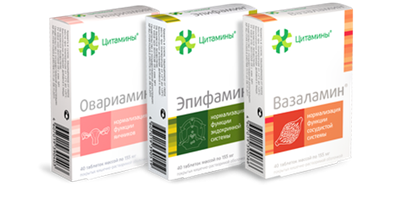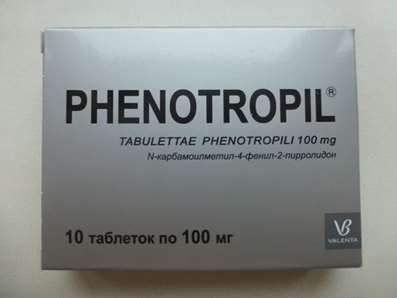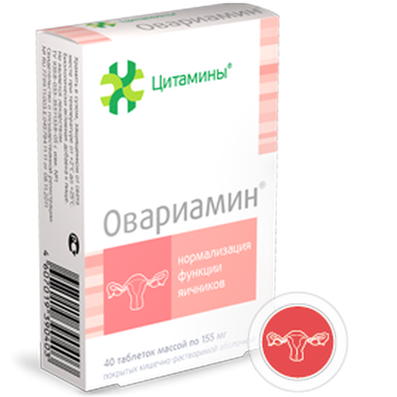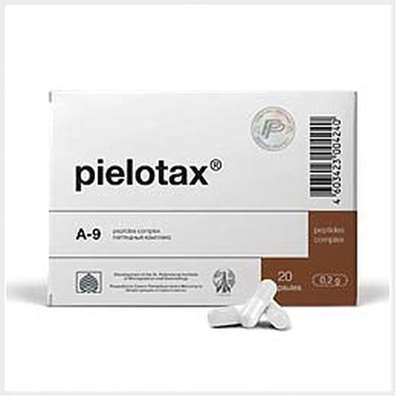Intracellular receptors
01 Dec 2016
Rather liposoluble ligands capable to get through a plasmatic membrane show the action, being bound to group of the intracellular proteins called by superfamily of steroid receptors. It includes receptors of glucocorticoids, mineralocorticoids, sex steroid hormones, vitamin D, thyroid hormone and retinoyevy acid.
Activation of intracellular receptors leads to transcription augmentation in certain genes of a cell target therefore they are called factors of a transcription.
The general structure of a receptor of this class represents a single polypeptide which is divided into three functional domains; The N-trailer site of a receptor has modulator function and for lack of the ligand is bound to the protein known as hsp 90 (90 kDa heat-shock protein). Please pay attention to Suprenamin.
The receptor domain which is bound to DNA is located in the middle of protein and contains the structural motive known as "zinc finger" which is the general for the proteins which are bound to DNA. The domain attaching a ligand is on the S-trailer site of a receptor. As a result of linkng with a ligand of squirrels of hsp 90 it is released, opening the receptor domain which is bound to DNA and activating a transcription. As action of ligands of this class demands augmentation of a transcription, broadcasting and the subsequent albuminous synthesis, the answer is formed slowly, several hours are frequent. Similarly slow turn of the majority of the proteins regulated by these ligands gives the long effect proceeding after excision of ligand.
It is also impossible to remove simple dependences between the content in plasma of the hormones or drugs operating on the corresponding intracellular receptors and their effect.

 Cart
Cart





